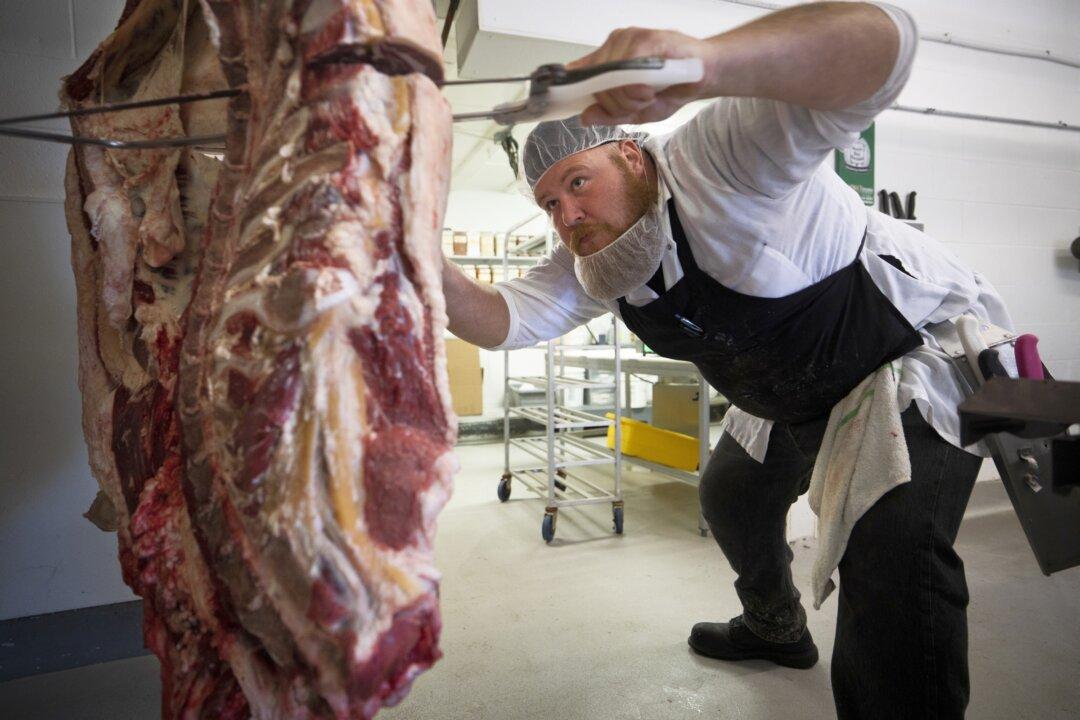Commentary
For most meat buyers, the product is pre-cut, wrapped up in plastic, priced, and sitting there in a cabinet at a well-lit store as a finished product. That’s how people buy their meat. They don’t know any other way. It’s a habit and hard to break. It seems like a pre-cooked version of pre-packaged food, sanitized and far removed from its source.





